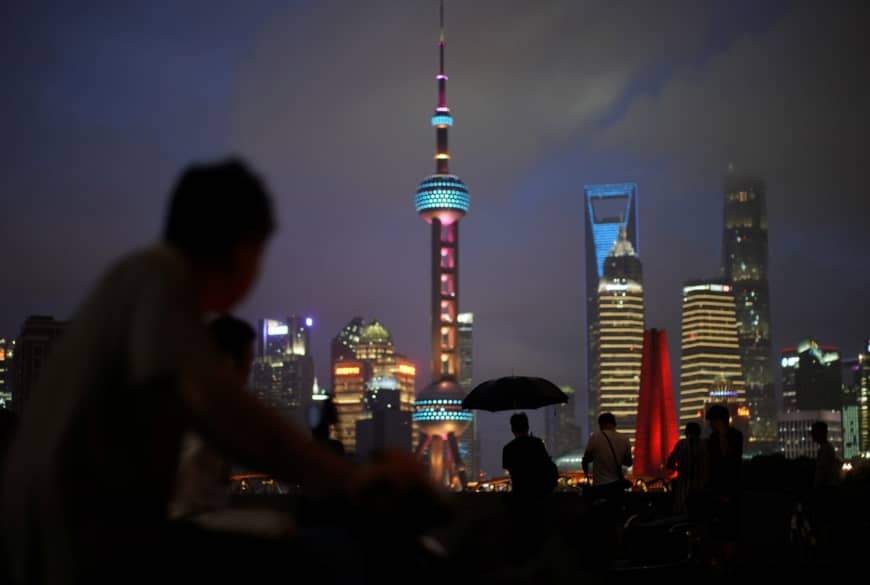China moves up date for lifting some restrictions on foreign investment to 2020

BEIJING – China lifted some restrictions on foreign investment in the financial sector Saturday as the world’s second-largest economy fights slowing growth at home and a damaging trade war with the United States.
China will remove shareholding limits on foreign ownership of securities, insurance and fund management firms in 2020, one year earlier than originally planned, the Financial Stability and Development Committee said in a statement posted by the central bank.
Foreign investors will also be encouraged to set up wealth management firms, currency brokerages and pension management companies, the statement said.
Additional measures include scrapping entry barriers for foreign insurance companies, such as a requirement of 30 years of business operations, and canceling a 25 percent equity cap on foreign ownership of insurance asset management firms.
Foreign-owned credit rating agencies will also be allowed to evaluate a greater number of bond and debt types, the statement said.
Beijing has long promised to further open up its economy to foreign business participation and investment but has generally dragged its feet in implementing the moves.
In November, Beijing made an exception for two European insurers, allowing Germany’s Allianz to launch a 100 percent foreign-owned subsidiary, and France’s Axa to take control of its joint venture.
And in December, China’s securities regulator authorized Swiss bank UBS to take a controlling stake in its local business.
Saturday’s announcement followed a Friday meeting chaired by economic czar Liu He in which policymakers focused on tackling financial risk and financial contagion, and pledged new steps to support growth, according to a state council statement.
The steps were likely spurred on by a pressing need for growth following weak economic figures out on July 15.
In the second quarter, China’s growth posted its weakest performance in at least 27 years at 6.7 percent.
The anemic figures are a direct consequence of the trade war with the United States, which U.S. President Donald Trump unleashed in March 2018 to try to force Beijing to open up its economy and limit what he calls its unfair trade practices.
The two economic giants have since hit each other with punitive tariffs covering more than $360 billion in two-way trade, damaging manufacturers on both sides of the Pacific.
Beijing has introduced measures including a massive tax cut to boost the economy, but they have not been enough to offset a domestic slowdown and softening overseas demand.
Trump and Chinese President Xi Jinping agreed to revive fractious trade negotiations when they met on the sidelines of the G20 summit in Japan on June 29, and top U.S. and Chinese negotiators have held phone talks this month.
It is unclear when the next high-level meeting on trade talks will be held.
[“source=japantimes”]




